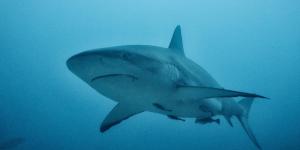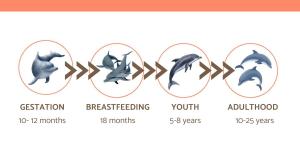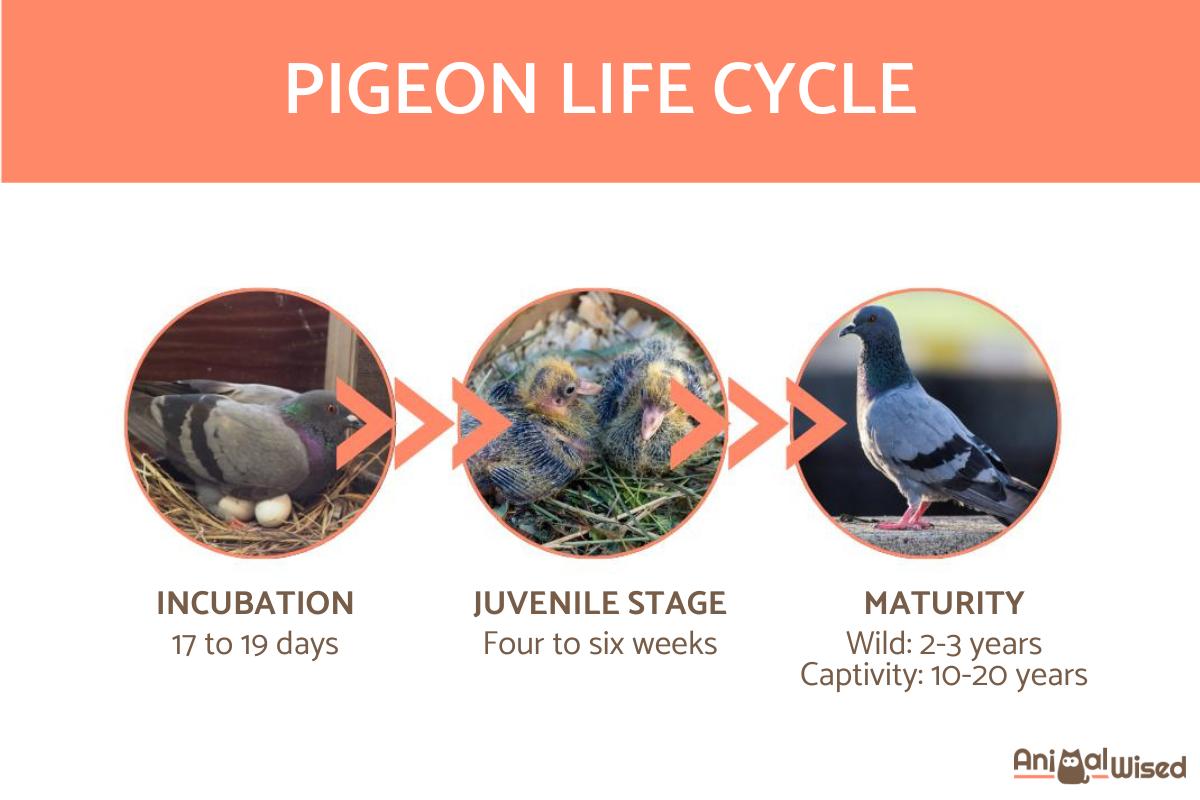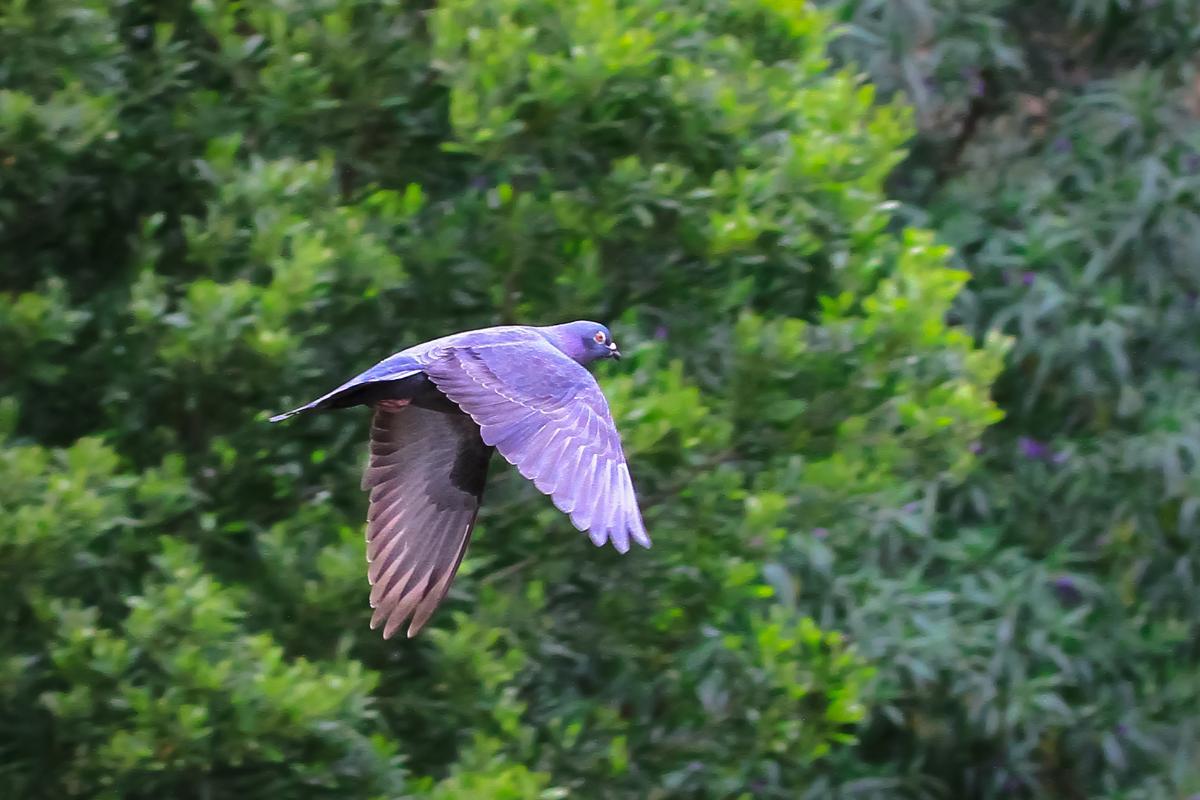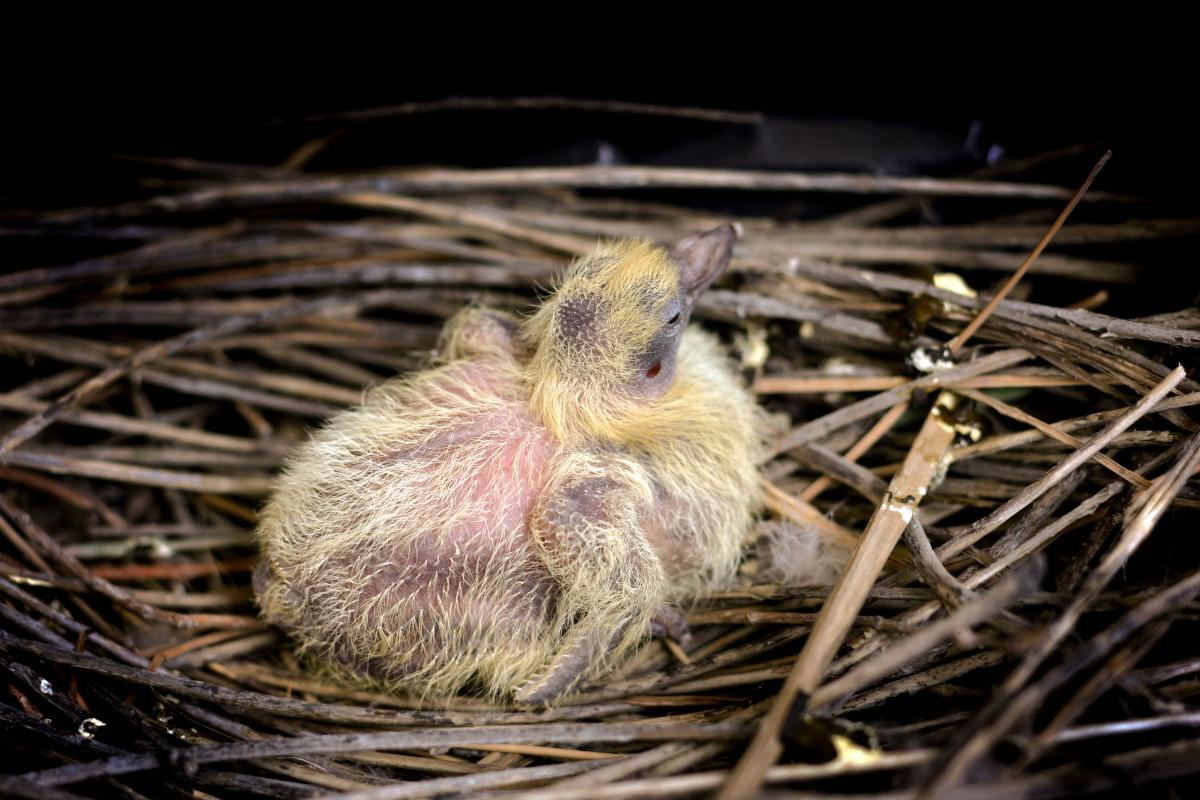How Long Do Pigeons Live? - Lifespan of a Pigeon


Pigeons are ubiquitous birds found all over the world. They are often seen as pests, but these fascinating creatures have a rich and complex life cycle. Their lifespan is influenced by a variety of interconnected factors, including nutrition, healthcare, and environmental elements that mimic their natural habitat. Moreover, there is a significant difference in the lifespan of wild and pet pigeons.
In this AnimalWised article, we will explore the lifespans of pigeons in the wild and captivity, the different stages of their development, and the factors that can affect their lifespan.
How long do pigeons live as pets?
Pigeons in captivity live significantly longer than their wild counterparts.
In a controlled environment, such as an aviary or breeding facility, pigeons are protected from many of the threats and pressures they face in the wild, such as predators, exposure to harsh weather conditions, and limited food availability. This protection and the closer attention paid to their basic needs often translates into a longer life expectancy.
On average, pigeons in captivity usually live between 10 and 20 years. However, this range can vary depending on a number of factors, including:
- Feed quality: a balanced and varied diet that includes an adequate mix of seeds, grains, fruits, and vegetables is essential for the health and longevity of pigeons.
- Veterinary care: regular health checks by an avian veterinarian can help to detect and address potential health problems early.
- Protection against diseases: pigeons in captivity may be exposed to specific diseases that are not as prevalent in the wild. It is important to implement disease prevention and control practices to ensure your pigeon's long-term well-being.
- Enriched and suitable environment: providing an environment that effectively simulates their natural habitat, with space to fly and adequate perches, contributes to their well-being, which can have a direct impact on their lifespan.
Learn how to provide a loving home for your pigeon companion with our full care guide.
How long do pigeons live in the wild?
The life expectancy of pigeons in the wild is significantly shorter than those in captivity. Several factors contribute to this difference, and life in the wild presents a number of challenges that affect their longevity.
On average, pigeons in the wild usually have a life expectancy of around 3 to 5 years. This is due to various threats they face in their natural environment, including predators, diseases, and lack of food.
On the one hand, pigeons are prey to a wide variety of predators, such as birds of prey, snakes, and carnivorous mammals. Predation is one of the main causes of mortality in wild pigeon populations.
Additionally, these birds can be vulnerable to diseases transmitted by other animals and parasites. The spread of infectious diseases is a factor that limits the lifespan of pigeons in the wild.
On the other hand, pigeons may face environmental risks such as extreme climate changes, chemical pollutants, and accidents related to human interaction, such as being hit by vehicles. Competition for food resources can also be fierce in the wild, which can lead to malnutrition and increased vulnerability to disease and predators.
Another issue is the pigeon's high reproductive rate. Pigeons often raise several chicks a year, which can negatively impact their health and lifespan.
In this other article, we take a closer look at the different breeds of pigeons and their unique characteristics.

How long does a pigeon live without eating?
The survival of a pigeon without food depends on several factors, such as its general health, access to water, and environmental conditions. In general, pigeons are quite hardy and can survive without food for several days or weeks if they have constant access to water. This is because pigeons, like other birds, can store energy in the form of fat, which they then use as an alternative food source during periods of scarcity.
Still, long-term lack of food can lead to weakness, weight loss, and malnutrition, which can ultimately result in death. Under normal conditions, pigeons will actively forage for food on a daily basis, so a situation where they are not eating for an extended period usually indicates a problem, such as lack of access to food or illness. To ensure the health and survival of a pigeon, it is important to provide adequate food and constant access to fresh water.
If you find a pigeon that is not eating, it is important to assess its condition and take steps to help it. If the pigeon appears to be injured or sick, you should contact a veterinarian or wildlife rehabilitator. If the pigeon is simply lost or hungry, you can try to provide it with food and water.
Here are some tips for feeding a pigeon:
- Offer the pigeon a variety of seeds, grains, fruits, and vegetables.
- Place the food in a shallow dish or on a flat surface.
- Make sure the pigeon has access to fresh water at all times.
- If the pigeon is not eating, try to hand-feed it.
If you are unable to care for the pigeon yourself, you can contact a local animal shelter or wildlife rehabilitator for assistance.
What is the life cycle of pigeons?
The life cycle of pigeons generally involves several stages from hatching to maturity:
- Egg formation: the life cycle begins with the formation of an egg, typically laid in a nest constructed by both parent pigeons.
- Incubation: after laying eggs, the adult pigeons take turns incubating them, which typically lasts around 17 to 19 days.
- Hatching: the eggs hatch, and the young pigeons, called squabs, emerge. Initially, they are featherless and rely entirely on their parents for warmth and food.
- Nesting and feeding: the squabs spend about 2 to 4 weeks in the nest, being fed a special substance produced by their parents called "pigeon milk." As they grow, their diet transitions to a combination of pigeon milk and seeds.
- Fledgling stage: after a few weeks, the young pigeons begin to develop feathers and become more mobile. They start leaving the nest and learn to fly, becoming fledglings.
- Juvenile stage: the fledglings mature further and become juveniles. During this stage, they become more independent and start exploring their environment, while still relying on their parents for guidance and food.
- Maturity: juvenile pigeons gradually reach sexual maturity, typically around 6 months to a year of age, at which point they are capable of reproducing.
This cycle continues as mature pigeons establish their own nests and breed, contributing to the perpetuation of the species.
Discover the fascinating world of herbivorous birds in our comprehensive guide, complete with stunning images of these feathered vegetarians.

If you want to read similar articles to How Long Do Pigeons Live? - Lifespan of a Pigeon, we recommend you visit our Facts about the animal kingdom category.
- Grat, AD, Powlesland, RG, Dilks, PJ, Flux, IA, & Tisdall, CJ (1997). Mortality, distribution, numbers and conservation of the Chatham Island pigeon (Hemiphaga novaeseelandiae chathamensis). Notornis , 44 , 65-78.
- Zeigler, H. P. (1974). Feeding behavior in the pigeon: a neurobehavioral analysis. Birds: brain and behavior , 101-132.



